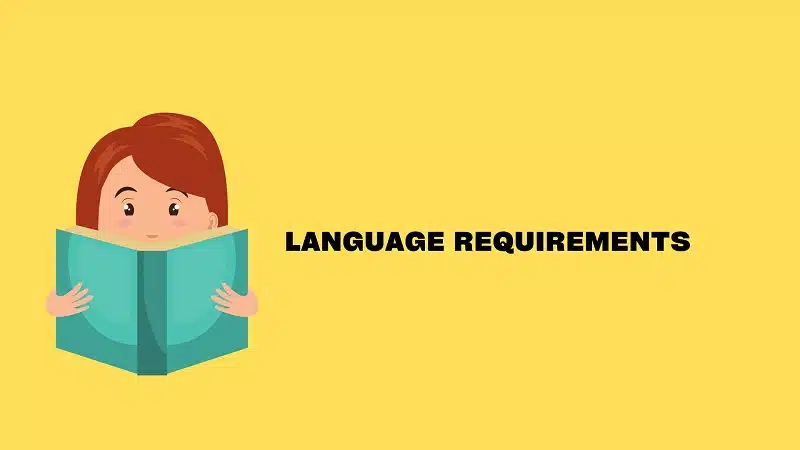The University of Copenhagen is a top public research institution in Copenhagen, Denmark. Established in 1479, the University of Copenhagen is the 2nd-oldest institution in Scandinavia after Uppsala University and ranks as one of the best institutions in the Nordic countries, Europe and the whole world.
Why University of Copenhagen for pursuing your study?
As a PhD candidate at the University of Copenhagen, you have the chance to grow your career internationally while working with a top-notch research team. More than 700 new PhD students are enrolled at UCPH each year. The University of Copenhagen provides cutting-edge research in an international environment. 2013’s Monocle Magazine recognized Copenhagen as “the world’s most livable city.”
About these PhD positions in Denmark
Description of these PhD positions in Denmark
PhD fellowship in computational CRISPR guide RNA design
PhD fellowship in Experimental Quantum Matter
The Faculty of Law at the University of Copenhagen hereby announces a number of fully funded PhD positions to commence in September 2023.
PhD Scholarship in Social Data Science
Eligibility conditions for PhD positions in Denmark
- Candidates should have a good command of the English language.
- Candidates should have an appropriate Master of Science degree.
- Prior publications (if any) and related work experience will also be taken into consideration while evaluating your qualifications.
- A monthly salary that varies depending on seniority and starts around 27,590 DKK (approximately 3,678 Euros (April 2020 level) in addition to a pension.
- Stipend supplement negotiation is possible.
How to apply for these PhD positions in Denmark?

Please follow the steps below to apply for these PhD positions in Denmark:
Candidates need to submit their online applications in English by clicking the link provided below.
The following files/attachments, which must all be in PDF format, must be included with your application:
- Motivation letter.
- Diploma and transcripts of records (Bachelor of Science and Master of Science).
- Resume.
- Additional information to take into account, such as a list of publications (if any).
- Letter of Acceptance for the Related Master of Science Programme at SCIENCE (if any).
- Full contact information of 1-3 professional referees (name, address, phone number as well as email).
Language Requirements:

Applicants for PhD positions in Denmark need to have a good command of the English language in order to be eligible for the opportunity.
Summary
PhD positions in Denmark are great opportunities granted to international students from all over the world in order to help them afford their studies in Denmark. So, if you aim to pursue your study there at one of the best universities, you may like to take this opportunity into account. You need to meet all the requirements in order to fully take your chance. Here you can find the best guidance on how to write a motivation letter professionally along with several motivation letter samples. The application deadline for these PhD positions in Denmark varies depending on the program. However, we recommend you apply as soon as possible.
Questions you may ask before applying for PhD positions in Denmark:
Most students wish to know almost everything about the opportunity they are applying for, so we are here to answer the most frequent questions that may come to your minds about these PhD positions in Denmark to remove your worries and help you to decide whether this award is the one you dream to get or not.
Is University of Copenhagen a good university?
The University of Copenhagen is ranked 1st in Denmark and often ranked 1st in the Nordic Region. It is also ranked in the top 1% of universities worldwide.
Is it hard to get into University of Copenhagen?
The University of Copenhagen is among the most difficult to get into since its acceptance rate ranges from 40% to 50%. Although the university accepts more than 37,500 students each year, admissions for overseas students are selective and competitive.
Do universities in Denmark speak English?
Danish language proficiency is not required to study in Denmark. Higher education institutions in Denmark provide a wide variety of English-taught programs. Additionally, almost everyone in Denmark speaks English, making it simple to communicate with your professors, classmates, and other members of your everyday life.
Is studying in Denmark worth it?
Denmark’s universities are renowned for their excellent academic standards and vibrant learning environments. Danish institutions pride themselves on having a strong problem-based learning approach that encourages students to come up with their own ideas and develop creative thinking.
The official website
Read also, ANSO Scholarship for International Students | Fully Funded
This can also be useful: University of Alberta Scholarships in Canada | Fully Funded


